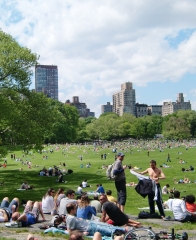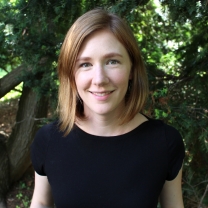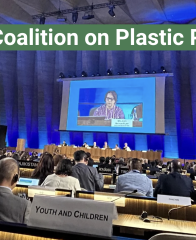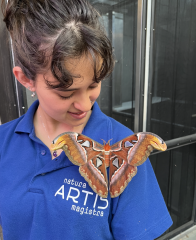 / Climate Change and Agriculture in Japan
Subscribe
/ Climate Change and Agriculture in Japan
Subscribe
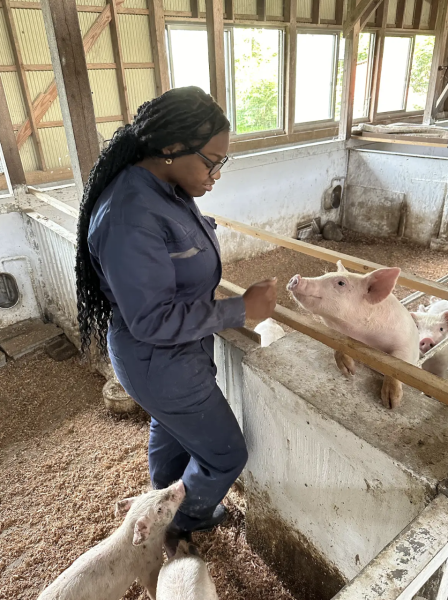
My placement was in the curriculum department. In this placement, I helped create a two-week curriculum program focusing on climate change and its impact on rural farmers. I was able to speak with rural farmers from African and Asian countries and talk to them about how they have experienced climate change and its impact on their homes. What I realized while doing this work is how climate change's impact on farmers is immense. Higher temperatures, droughts, and high prices from inflation. At ARI, I was told I would work on the farm in addition to the office. What shocked me was this started on my first morning there. I remember being surprised when I was handed a weeding tool and sent with a group to the field at 7:00 AM. I have never done this, but I learned. My group members made me feel comfortable with not knowing everything, which as a Wellesley student is quite difficult. However, I had to change my outlook on not knowing everything by looking at it positively. I had an open mind to learning how to harvest vegetables and weed out fields. Participants at ARI focused on taking on what they learned and taking it back to their home communities. There was a focus on small changes, which is something to be admired because, as someone who wants to change the education system, it starts with small changes, and sometimes those are the most important. Being at ARI reminded me that those with small voices often hold the most power in the ability to change their community.
The highlight at ARI for me was working with the participants. I remember feeling homesick, and we started talking about the foods we missed from home. After that conversation, I did not feel so alone, and I realized that we were all experiencing homesickness, and instead of wallowing in it, talking about it made it a little easier. Being in a culturally diverse area allowed me to learn more from people from their own stories and experiences. Something that ARI does is that everyone is required to cook meals at certain points, but what made it fun was working with people with different levels of cooking expertise. One participant was a chef, and others had never been in a kitchen. What I realized is how food at ARI is a way for people to connect. Bringing people together by having people bring their cultural dishes and opening up about their families, culture, and traditions. I guess that ties into the ARI mission statement, “That We May Live Together." I understand its meaning after being there over the summer that a group of people from different parts of the world can come together and work to make a difference.
My goal for this internship was to be out of my comfort zone, and I did that. I was able to learn and realize that being a good leader is someone who is also a good learner and listener. This further reinforced my plans of working in the education field, but going into it as someone willing to be a leader in the field, to be a successful leader, I need to be able to be a learner myself throughout my career.

